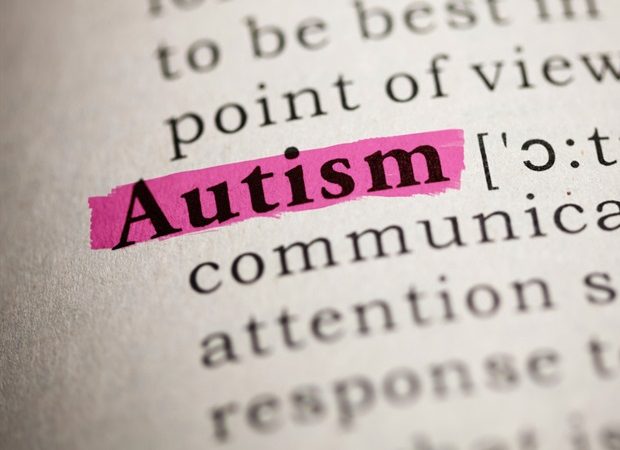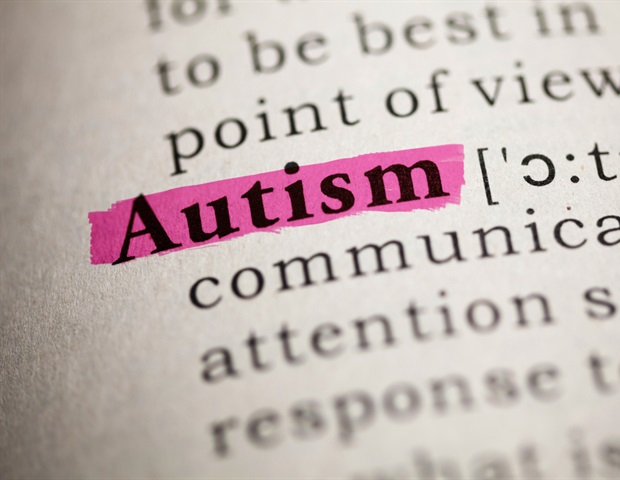Gastrointestinal (GI) problems are common in individuals with autism spectrum disorder (ASD). According to new research from Kennedy Krieger Institute, GI problems experienced by individuals with ASD have a significant impact on the wellness of the individual and also on their family members.
Through a series of one-on-one interviews with 12 families, researchers identified four main themes that parents of children with ASD and GI symptoms experience:
- Children with ASD have trouble verbally communicating when they experience GI distress, leading to parents using bodily signs such as changes in stool and nonverbal behaviors like irritability to recognize when their child was having GI symptoms.
- GI issues affect both the child’s wellbeing and their ability to attend class and extracurricular or social activities.
- The GI issues experienced by the child with ASD also impacted the family’s routines, overall wellbeing, and ability to go out and do activities together.
- Parents often had challenges receiving accessible and quality healthcare for their child’s GI problems.
“We know there is a connection between gastrointestinal symptoms and ASD. However, we still need to figure out what contributes to poor gut health for this patient population, including anxiety, diet, microbiome imbalance or medication for co-occuring conditions,” said lead author of the study, Calliope Holingue, MPH, Ph.D., a psychiatric epidemiologist at Kennedy Krieger’s Center for Autism and Related Disorders who studies the intersection of physical and mental health, particularly as it relates to ASD. “Given the profound impact that GI symptoms place on this population, it’s important to identify risk factors and develop interventions that will serve their health care needs.”
Source:
Journal reference:
Holingue, C., et al. (2021) Gastrointestinal concerns in children with autism spectrum disorder: A qualitative study of family experiences. Autism. doi.org/10.1177/13623613211062667.



































